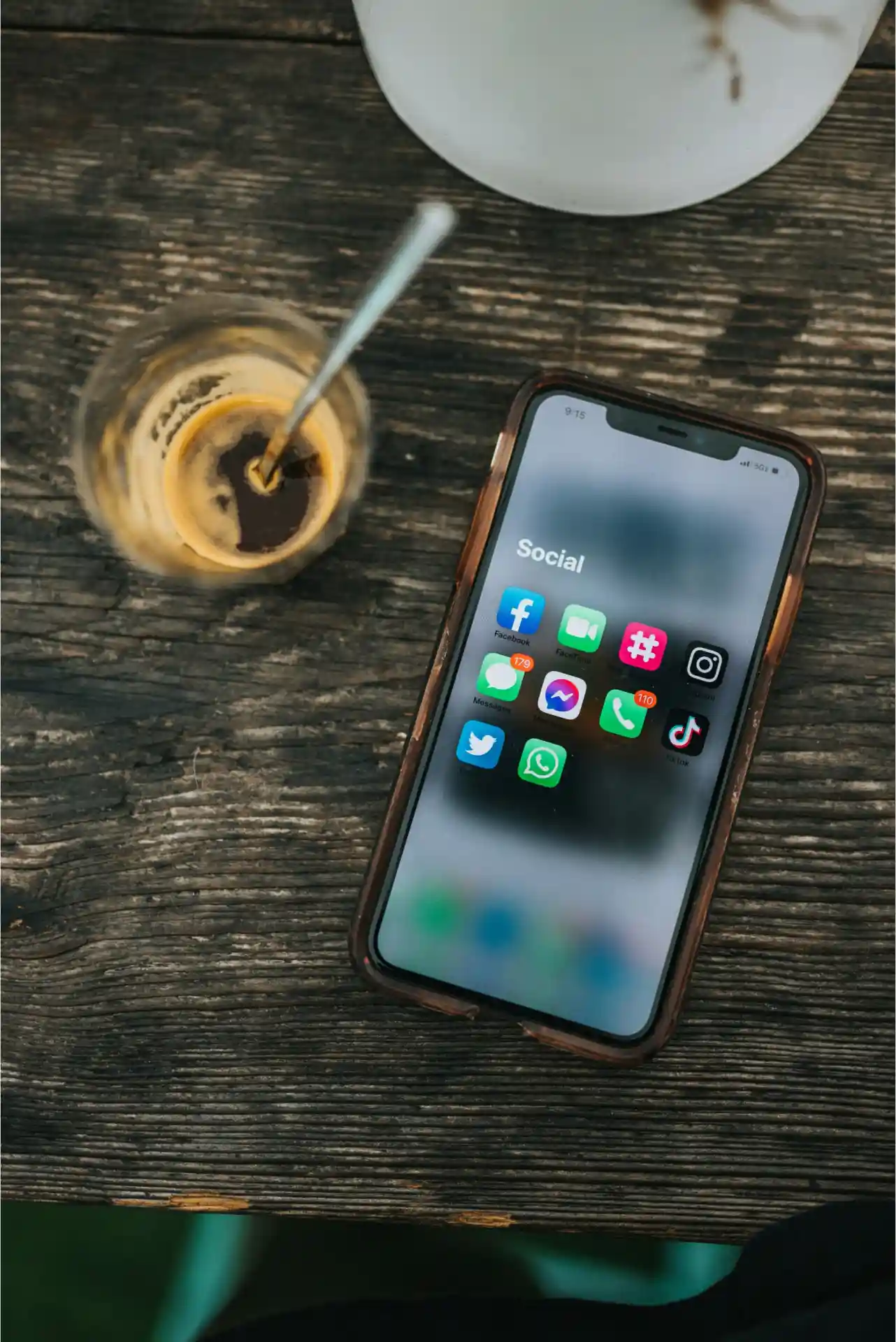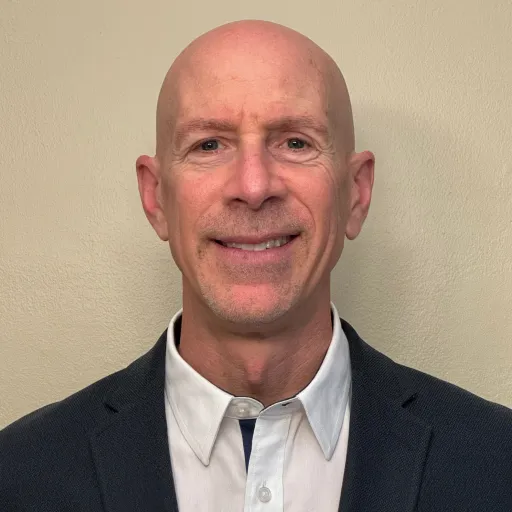
Introduction to Deleting Social Media
Deleting social media can be a transformative step towards improving your mental well-being and overall life satisfaction. This article explores why you might consider this decision and the benefits it can bring.
Why People Consider Deleting Social Media
Social media platforms can often become overwhelming and contribute to various mental health issues, such as anxiety and depression. People consider deleting their accounts to escape the constant comparisons, online pressure, and the overwhelming influx of information.
How Social Media Affects Mental Health
Research shows that excessive use of social media can lead to decreased self-esteem and increased feelings of loneliness. Constant exposure to curated images and posts can create unrealistic expectations and trigger negative emotions.
Benefits of Deleting Social Media
Deleting social media accounts offers several advantages, including improved mental health, productivity, and relationship quality.
Improved Mental Well-Being
Without the stress and pressure of social media, many individuals experience a significant reduction in anxiety and stress. This break can provide much-needed relief and allow you to focus on more fulfilling and meaningful activities.
Increased Productivity and Focus
Without the constant distractions of social media, you may find that your productivity levels increase. You can concentrate better on work, hobbies, and personal projects, leading to a more satisfying and productive daily life.
Better Quality of Relationships
Deleting social media can help improve face-to-face interactions. By spending less time online, you may find yourself more present and engaged during real-life interactions, strengthening your relationships with friends and family.
How Our Therapists Can Help You Manage Social Media Use
Our therapists provide guidance on understanding and balancing social media use. Discover how professional support can help you manage social media impacts and improve your mental well-being.
Meet Some of Our Expert Therapists

Cory Dolley
Hello. I know that when life is hurting you, kicking you when you are already down how easy it is to not want to get back up. I know how it is when you feel alone and scared and you just want to stay at home and not talk to anyone. There is help out there for you, just waiting for you to reach out. I am here to give you help, when you are ready to call.
View Cory's Profile
Saad Khan
My approach to treatment is transparent, specific, time based, and derived from the most recent research. I use simple and clear language during our meeting.
View Saad's Profile
John Komperda
It is my belief that every client has their own innate ability to heal themselves. My job as a clinician is to foster an environment which is conducive to develop greater clarity, connection, and insight into their problems, which can lead to resolution and transformation.
View John's Profile
Bret Bertrand
While we cannot change the difficult experiences from the past, we can strive together to understand and overcome any negative impact you currently have in your life. I believe together we can develop a path toward healing, health, and freedom to keep moving forward.
View Bret's Profile
Sheri Williamson
I help to build a client's confidence and capacity for managing and mitigating their mental health. Together we create a plan based on the client's priorities using a strengths-based approach. Clients learn new interventions and how to incorporate them into every day life.
View Sheri's ProfilePractical Steps to Delete Social Media Accounts
Here are some actionable steps for deleting your social media accounts and managing any potential withdrawal symptoms.
How to Prepare for Deletion
Before deleting your accounts, consider backing up important information, such as photos and messages. Notify friends and family about your decision to ensure you stay connected through other means.
Step-by-Step Guide for Popular Platforms
Each social media platform has its own process for account deletion. Follow the specific instructions provided by each platform, such as Facebook, Instagram, or Twitter, to ensure a complete and permanent removal.
Handling Withdrawal Symptoms
It’s common to experience withdrawal symptoms after deleting social media. Engage in new hobbies, exercise, and seek support from friends or a therapist to manage these feelings and adjust to life without social media.
Alternatives to Deleting Social Media
For those who are not ready to delete social media entirely, there are alternative strategies to manage its impact on your life.
Reducing Usage Instead of Deleting
Consider setting limits on your social media use by scheduling specific times for checking your accounts or using apps that monitor and restrict screen time.
Using Social Media Mindfully
Focus on following accounts that promote positivity and limit your exposure to content that triggers negative emotions. Practice mindfulness techniques to stay aware of your social media habits and their effects on your well-being.
Insurance Coverage Made Simple
We accept most major insurance plans and offer low self-pay rates to ensure quality care is accessible to everyone. Your well-being is our priority, and we're here to help regardless of your financial situation.
FAQ: Common Questions About Deleting Social Media
why should I consider deleting social media
how can deleting social media impact my mental health
what are the benefits of deleting social media
how to manage social media addiction
can deleting social media help with anxiety
should I delete social media or just reduce use
what are the steps to delete social media accounts
how to deal with social media withdrawal
Related Articles

Quitting Alcohol Cold Turkey: Overcoming Addiction
This guide provides insights into the benefits, potential risks, and practical tips to help you navigate this process safely and effectively.

Porn Addiction Therapy: Overcome Your Urges and Build a Better Life
Porn addiction therapy can help individuals overcome compulsive behaviors, improve mental health, and build healthier relationships.

Biography Therapy: Uncovering the Power of Your Life Story
Explore Biography Therapy, a therapeutic process that helps you understand your life story, enhance self-awareness, and promote personal growth. Learn how this method, rooted in the teachings of Rudolf Steiner, can guide you to a more fulfilling life.

Free Couples Therapy: Strengthen Your Relationship at No Cost
Free couples therapy helps couples improve their relationships without any financial burden. Explore how to access no-cost counseling and relationship support.

